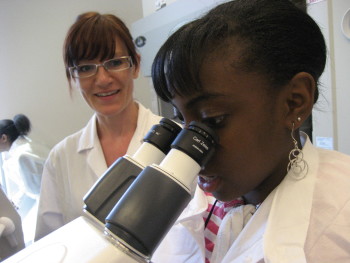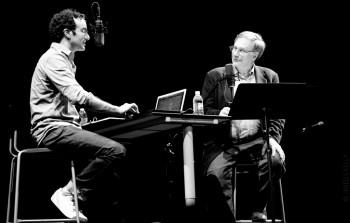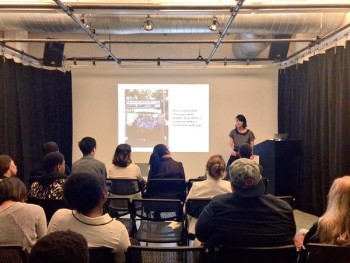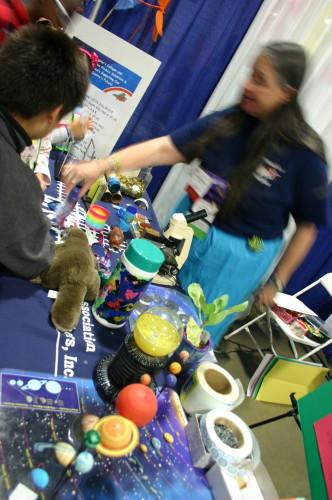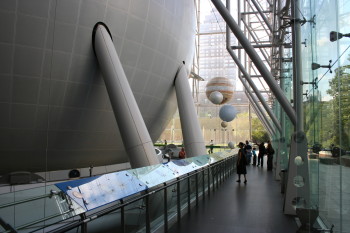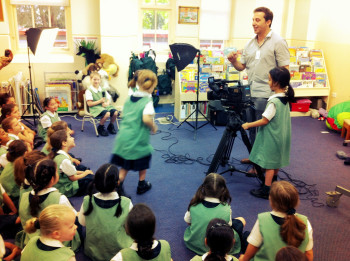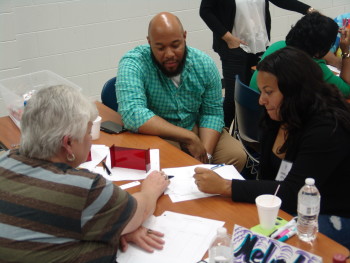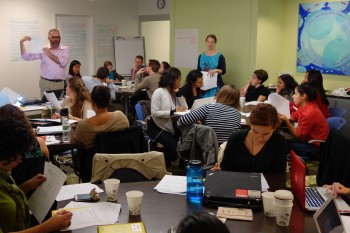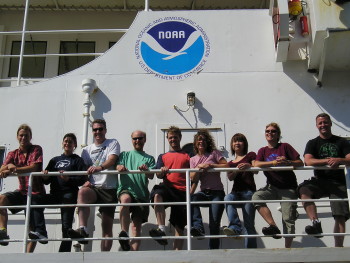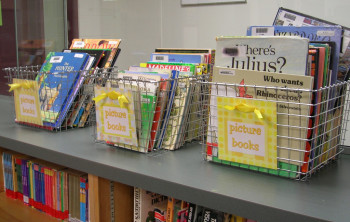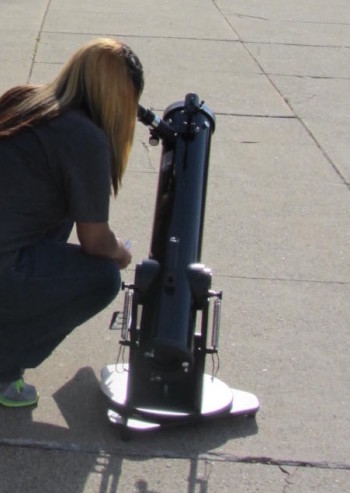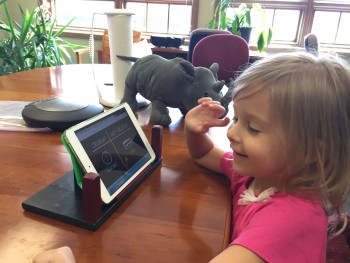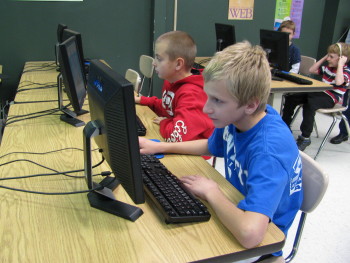Rockman et al frequently serves as an independent, external evaluator for grant-funded, multi-year projects supported by state and federal agencies, private industry, and foundations. The substantial investment in these projects means they often require rigorous evaluations to assess evidence of impact, as well as analyses that examine the critical links between implementation and impact. Our evaluations also frequently include studies to document and inform implementation throughout the life of the project.
We have a strong reputation for conducting evaluations of formal and informal science education programs funded by the National Science Foundation, National Institutes of Health, and NASA. We have also served as the external evaluator for numerous K-12 school reform initiatives funded by the US Department of Education.
Selected examples of our work in evaluating educational initiatives for state- and federally-funded grant programs are below. We welcome the opportunity to discuss your project with you and to provide you with more information about our tailored services. Please Contact Us to schedule a free 30-minute Q&A session with a consultant.
